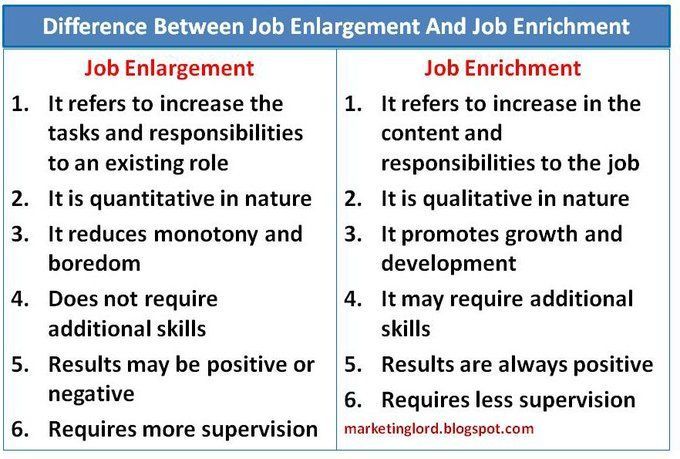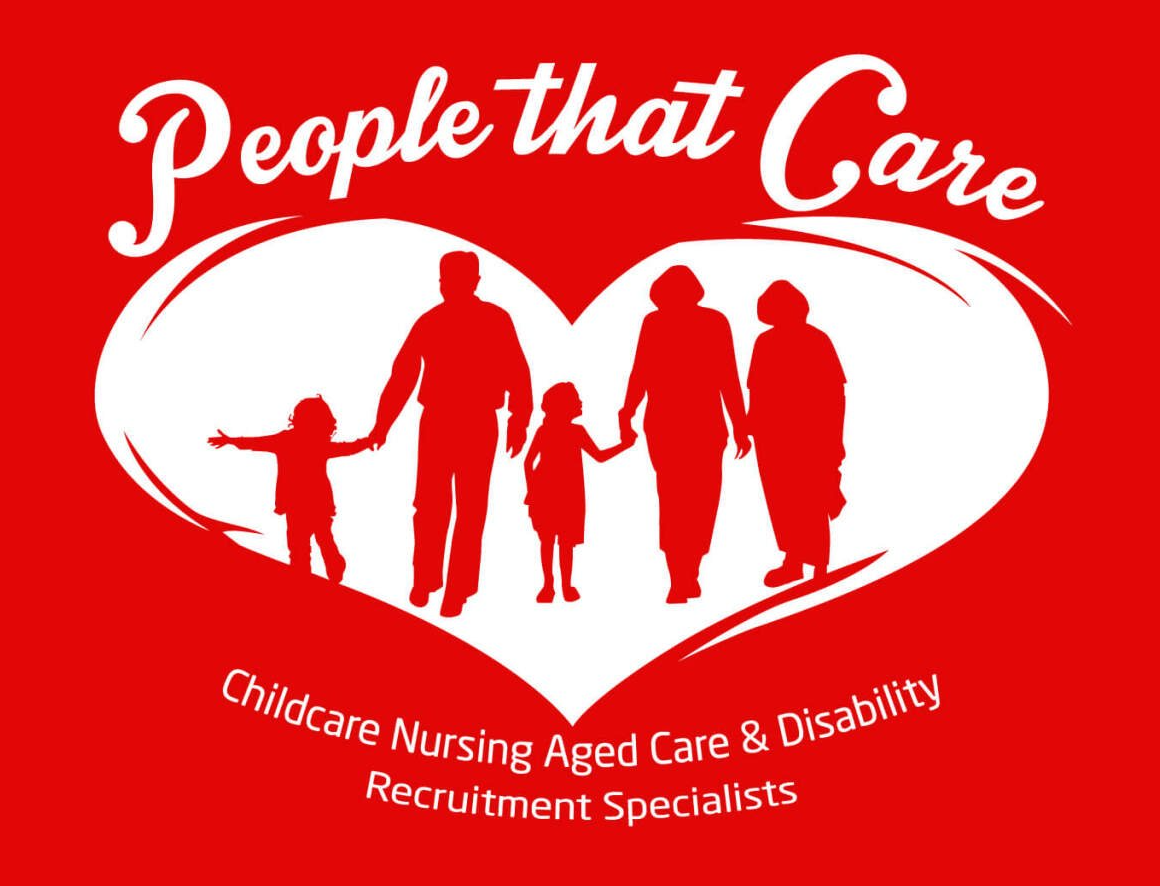The High Stakes of Healthcare Recruiting: Talent Shortages, Employee Turnover, and a Competitive Job Market
Part 1 of the Healthcare Recruiting Series
The healthcare industry has long been known for its complex workforce dynamics, demanding requirements, and constant need for skilled professionals in both clinical and non-clinical roles. Healthcare recruiting faces an uphill battle as talent teams strive to attract and retain top talent in a market that is highly competitive and constantly evolving.
The shortage of skilled workers, high turnover rates, and employee stress levels are just some of the challenges faced by recruiters in the industry.
In this blog, we will delve deeper into the difficulties healthcare recruiters face in finding the right candidates, explore the reasons why healthcare professionals are leaving their jobs, examine the impact of high turnover, and suggest strategies to overcome these challenges.
Challenges in the Healthcare Industry
The healthcare industry is unique in that it requires a delicate mix of clinical and non-clinical employees, all working to care for patients and run the business side of healthcare. The recruitment process, as a result, is especially challenging due to factors, such as talent shortages, high employee turnover rates, and the competitive nature of job seekers in the market.
Recent Employ data indicate that nearly 80% of clinical employees and 88% of non-clinical healthcare employees are open to other job opportunities. Additionally, according to the American Association of Colleges of Nursing, approximately 30,200 new APRNs (Advanced Practice Registered Nurses) will be needed each year through 2031 to meet the rising demand for care. This puts added pressure on recruiters to not only hire top talent, but also retain existing employees.
High demands of the industry, the need for advanced skills, and the fast-paced nature of the job contribute to increased stress levels among healthcare professionals, which in turn affects employee retention. Understanding these challenges is essential for healthcare recruiters to develop effective strategies to attract and retain the best talent in the industry.
Pain Points in Healthcare Recruiting
In order to successfully tackle healthcare recruiting, it is first essential to understand the unique pain points that this industry faces, which vary between clinical and non-clinical roles.
Clinical Healthcare Recruiting
Clinical healthcare workers are the backbone of any healthcare organization, directly contributing to patient care and outcomes. Despite their importance, the industry has struggled with employee retention and a shortage of qualified candidates, making the healthcare recruiter’s job all the more challenging.
With nearly 80% of all clinical healthcare employees open to new job opportunities and 30.6% actively looking for another job, it’s clear that healthcare recruiters must focus on maintaining employee satisfaction and engagement.
Non-Clinical Healthcare Recruiting
Administrators, support personnel, and non-patient facing healthcare practitioners are equally important in ensuring the smooth functioning of daily operations. Even so, non-clinical staff members face their own challenges, with 88% of these employees open to new jobs and 38.5% actively seeking other opportunities.
For recruiters, it’s crucial to find non-clinical healthcare candidates who are well-suited for such roles, while also addressing employee concerns and desires for greater flexibility and remote work options.
The Cost of High Turnover
The healthcare industry, especially post-COVID-19, is known for its high turnover rates, with nearly 1 in 3 clinical healthcare workers (30.6%) and almost 4 in 10 non-clinical healthcare workers (38.5%) actively looking for another job.
This high turnover, combined with the stress and burnout associated with many healthcare roles, presents a continuous challenge for healthcare recruiters. High turnover can have several repercussions, such as increased labor costs, decreased morale, and compromised patient care.
Some reasons for high turnover in healthcare include:
- Heavy workload and demanding schedules
- Insufficient compensation packages
- Limited growth opportunities within organizations
- Workplace conflicts and unsatisfactory management
A Critical Talent Shortage
As the demand for quality healthcare continues to rise, staff shortages have become a significant issue for healthcare organizations. Many professionals within the industry are overwhelmed by long hours, leading to burnout and turnover. This vicious cycle makes it difficult for recruiters to fill gaps created by the departure of these professionals.
The healthcare industry faces a significant talent shortage, with a rapidly aging population in need of care and not enough skilled professionals to provide it. According to data, more than 1 in 3 (33.5%) of clinical healthcare workers are very open to new roles and nearly 4 in 10 (46.3%) are somewhat open.
Similarly, of the 8 in 10 non-clinical healthcare workers open to new roles, 42.0% are very open and 46.1% are somewhat open. This indicates a constant need for recruiters to stay ahead of the talent gap and find qualified healthcare candidates to fill these critical roles.
To overcome the talent shortage in healthcare, your healthcare recruiting team must focus on several key areas:
- Developing strong employer branding to attract potential candidates
- Leveraging intelligent technology and platforms to expand your candidate pool
- Offering competitive compensation and benefits packages that reflect the current market trends
- Supporting continuous learning and professional growth opportunities
- Fostering positive work environments that encourage collaboration and growth
Balancing Cultural Fit and Skills
The right candidates must not only have the necessary skills and qualifications, but they also need to be the right cultural fit for the organization. This is especially important in healthcare, where a strong team dynamic and collaboration are essential for providing quality patient care.
Recruiting for healthcare positions requires finding candidates with the necessary skills and qualifications and ensuring a good overall fit within the organization’s culture and values.
As previously mentioned, many clinical and non-clinical healthcare workers will leave positions based on poor company culture or lack of trust in leadership. It is imperative for healthcare recruiters to find candidates who will thrive within the organization’s unique environment.
Healthcare recruiting is a complex and demanding process that requires a strategic approach and a thorough understanding of the industry’s pain points. With talent shortages, high turnover rates, and the need for a delicate balance between clinical and non-clinical staff, healthcare recruiters must be equipped with effective strategies to attract and retain top talent. In our next blog, we will dive deeper into the specific pain points of healthcare recruiting and offer practical solutions to overcome these challenges.
From employer branding to compensation packages and fostering positive work environments, we will explore the best practices for healthcare recruiters to successfully navigate the industry’s talent shortage and find the best candidates for their organizations. Join us in our next blog for an in-depth look at healthcare addressing these recruiting pain points with 6 tried and true solutions to tackle those top challenges.
Source: https://www.jobvite.com/blog/high-stakes-healthcare-recruiting/


